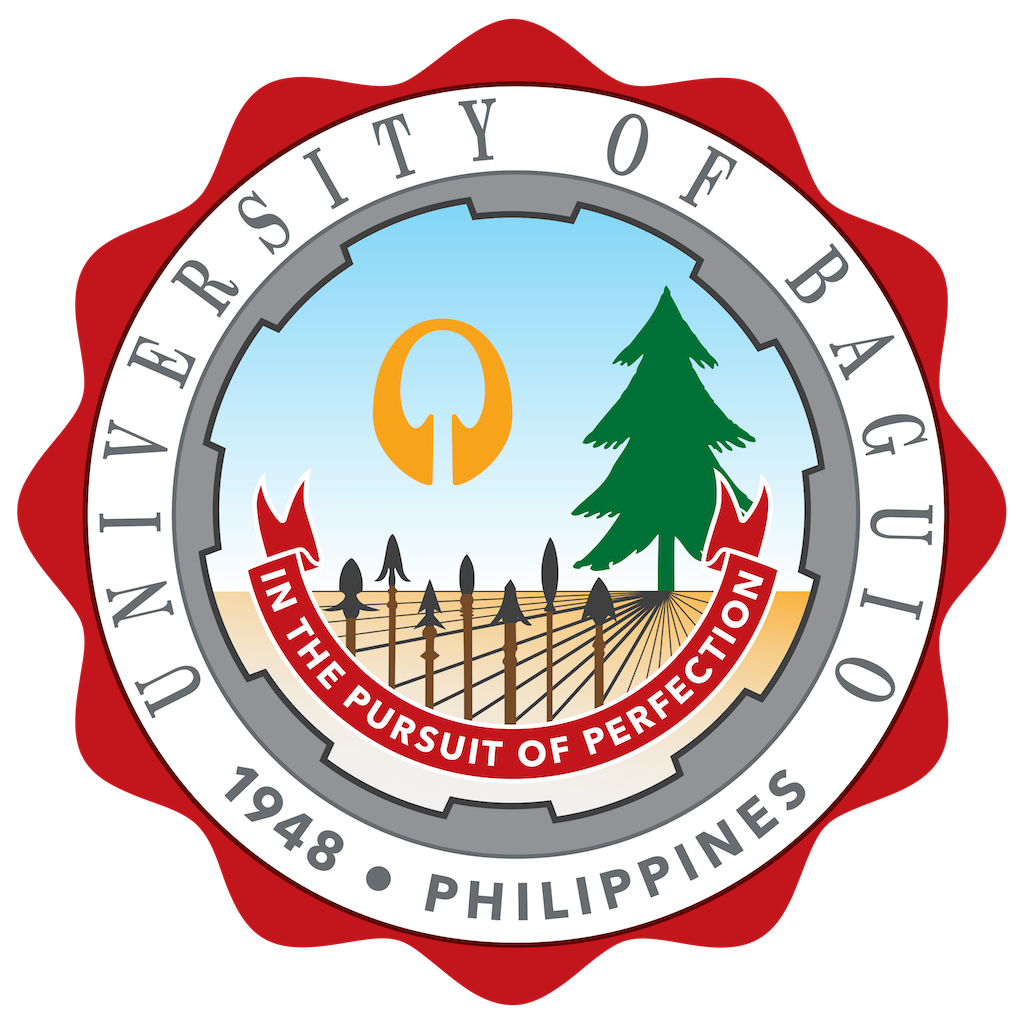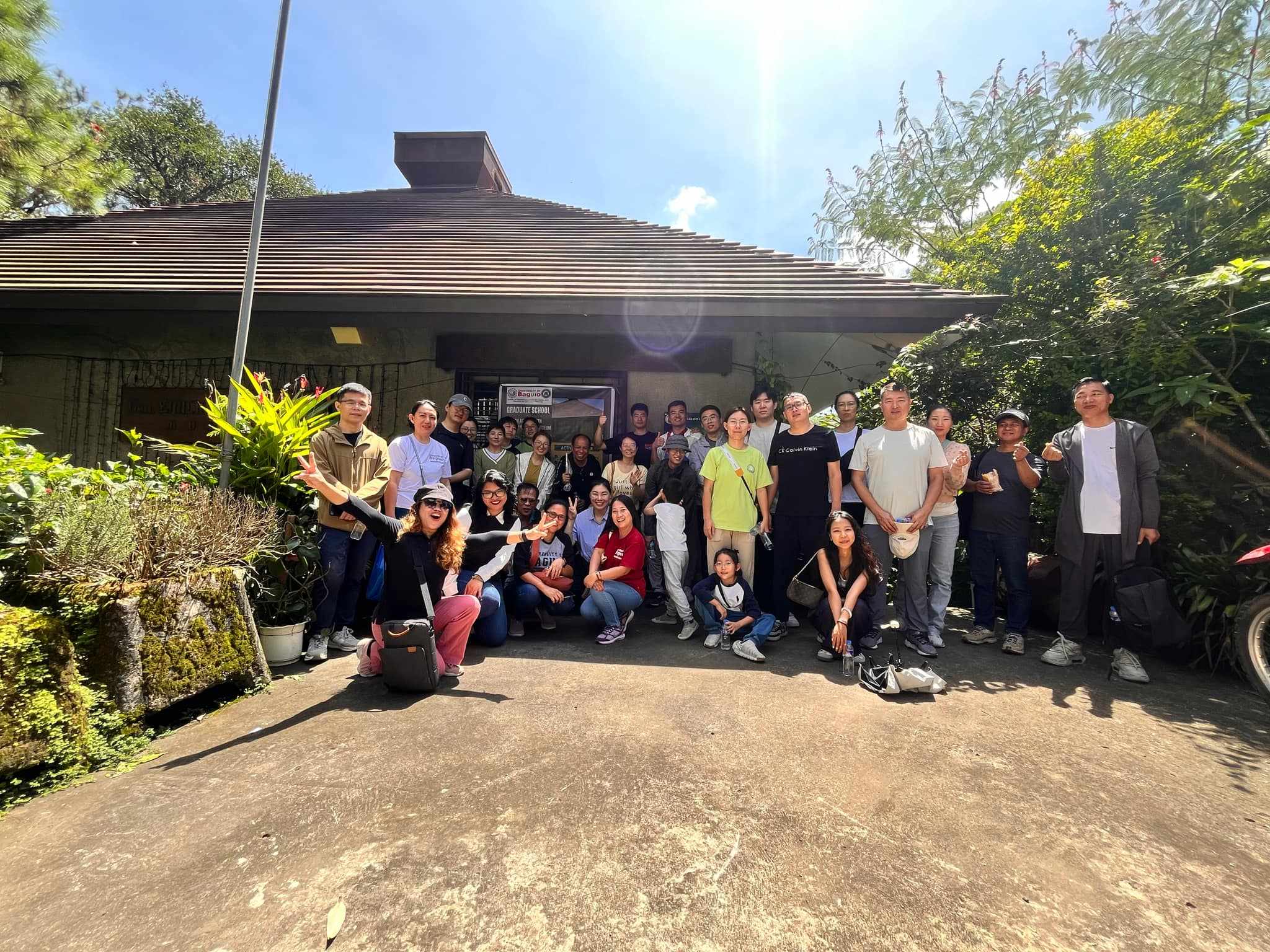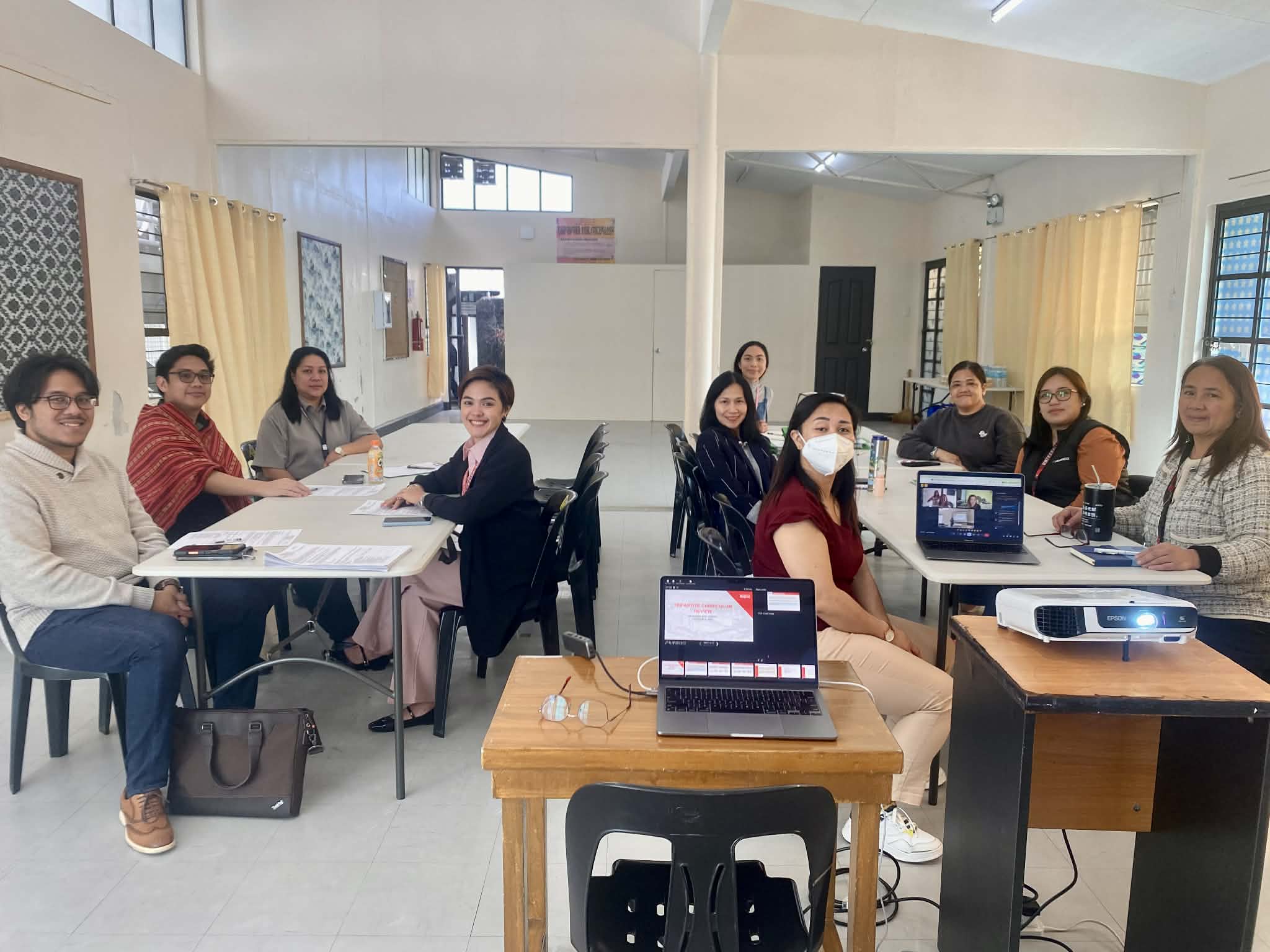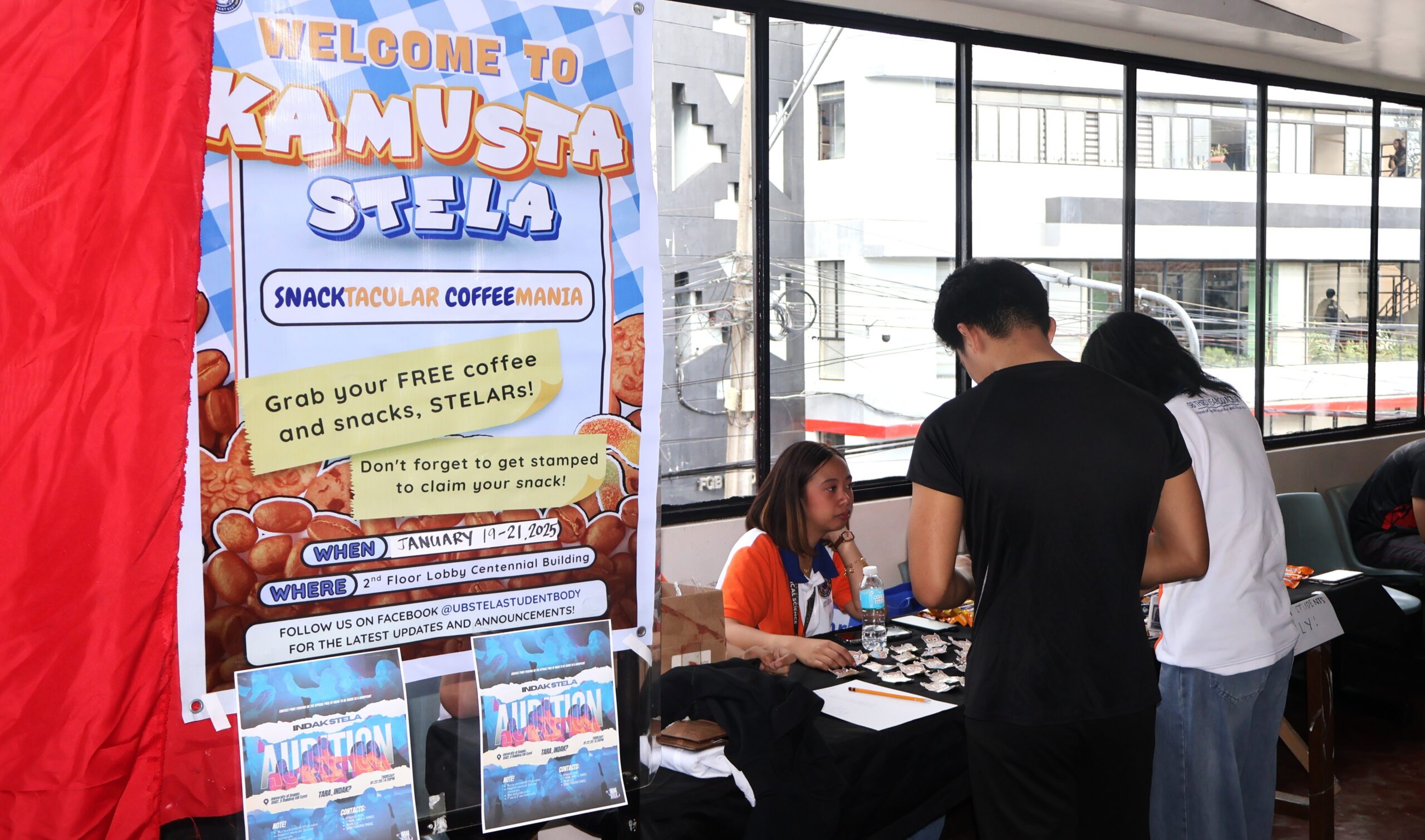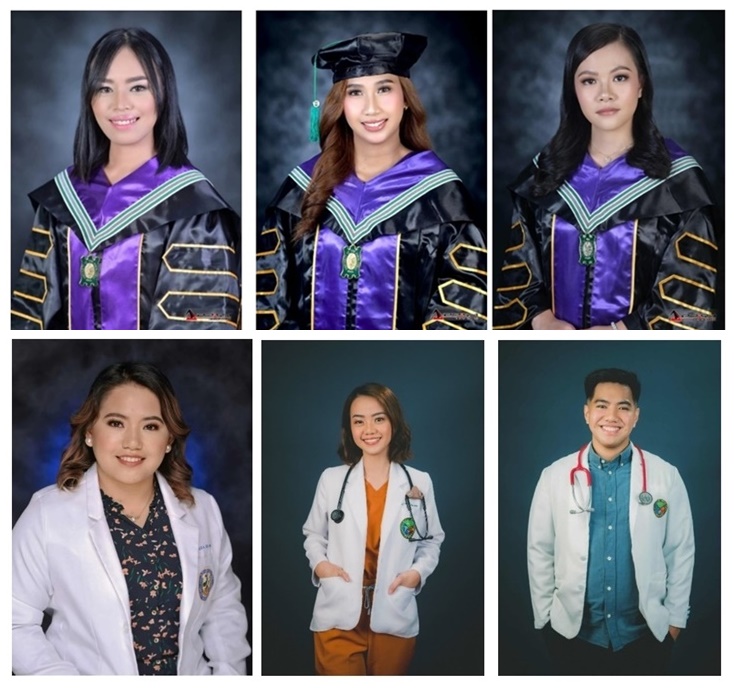Written by Mr. Norman D. Patiang (STELA Faculty & COE Coordinator)
The Emilio F. Aguinaldo Museum recently welcomed the Graduate School Students of the School of Teacher Education and Liberal Arts, offering a unique platform for both students and faculty members to immerse themselves in the rich tapestry of Philippine history. This collaborative activity encompassed a guided museum tour coupled with a community service program focused on the upkeep of the museum’s premises.
On this significant day, six committed faculty members and 34 enthusiastic graduate school students engaged in a tour designed to deepen their understanding of the nation’s historical and cultural heritage. The museum, renowned for its extensive collection of artifacts and exhibits, served as an ideal setting for educational exploration. Furthermore, students connected theoretical knowledge from their studies with tangible historical artifacts, enriching their appreciation of the cultural narratives that have shaped the Philippines.
Beyond the educational tour, the activity underscored the importance of community involvement and environmental stewardship, both key components of Sustainable Development Goal 11 (Sustainable Cities and Communities). By participating in cleaning and maintaining the museum, the group demonstrated a commitment to preserving cultural heritage for future generations. This hands-on experience not only instilled a sense of responsibility among the participants but also highlighted the role of educators as stewards of history and culture, aligning with SDG 4 (Quality Education).
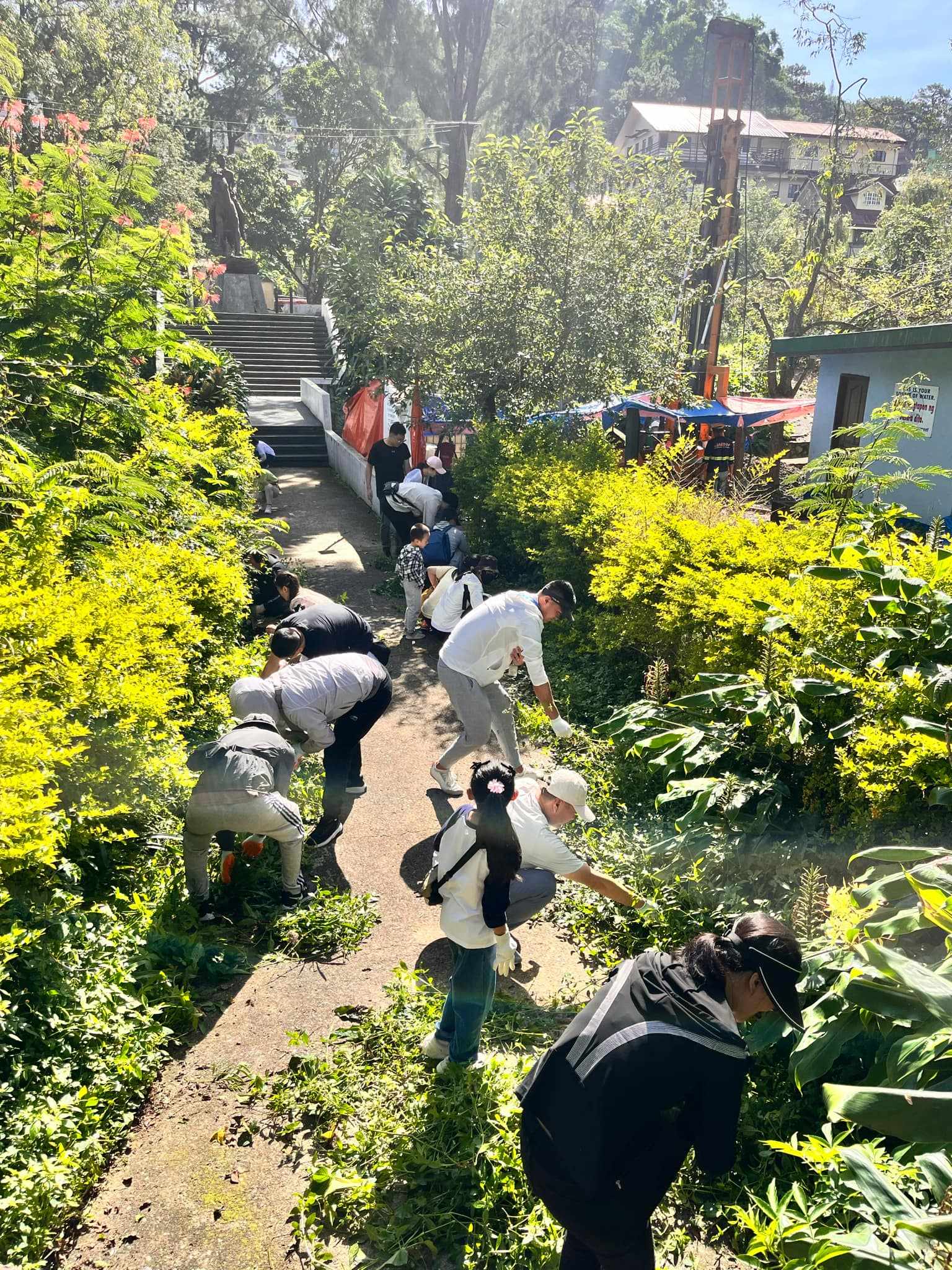
For the graduate students, this experience was particularly invaluable. It provided them with insights into how museums can serve as dynamic educational resources, enhancing their future teaching practices. By engaging with the museum’s collections and contributing to its maintenance, they learned the importance of integrating local history into their curricula, which can inspire their future students to value and understand their cultural roots, further supporting SDG 4 by promoting inclusive and equitable quality education.
In conclusion, the collaboration between the Emilio F. Aguinaldo Museum and the University of Baguio Graduate School exemplifies the power of experiential learning. This activity not only enriched the participants’ educational journey but also reinforced the vital connection between education, community service, and cultural preservation. As future educators, these students are now better equipped to instill a sense of history, responsibility, and sustainability in their classrooms, ensuring that the lessons of the past continue to inspire and inform the present and future, in line with the broader goals of the SDGs.
